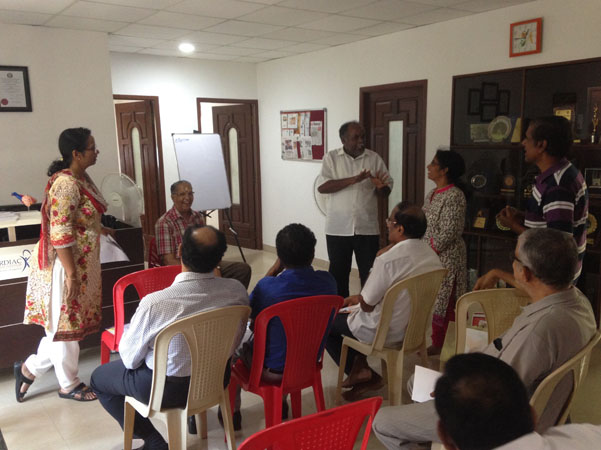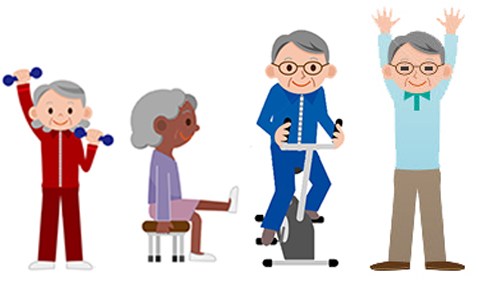Psychosocial counseling simply means getting individual or group sessions with a healthcare professional experienced in ‘mind matters’. You might be taking your medicines regularly, getting your parameters checked and visiting your doctor periodically, but these measures will only help you monitor your health. It takes a little more effort to reverse heart disease!
You need to strike at the root cause of the problem if you would like to see the end of it. As psychosocial issues like chronic stress, depression and anxiety play a major role in causing coronary artery blocks and are often hidden or unnoticed, it takes an expert to address these issues of the mind. We have already seen in an earlier post that poorly managed stress can repeatedly attack the coronaries and ruin your heart as well as your overall health.
It is for this reason that a psychosocial counselor has become an integral part of the cardiac rehab team. A comprehensive cardiac rehab program like the one we provide at Cardiac Wellness Institute includes supervised exercise, dietary modification and psychosocial counseling in addition to health education and targeted behavior change. The counselor helps individuals understand the concepts of feelings, emotions and habits and paves the way for unraveling the stress triggers. Stress management techniques, non-pharmacologic treatment of depression, anger reduction methods, coping skills after a cardiac procedure, ways to overcome anxiety, sleep problems and addiction are just a few things that a counselor can help you with. The image you see here is from one of the group counseling sessions at our centre where our counselor made participants do role-play (something like a mini-drama) to help them understand everyday stress triggers and coping strategies.
As counseling is defined as listening to someone and providing advice to overcome his/her problems, the counselor should not be the sole person providing counseling. Members of our team, for instance, take time to listen to what our patients have to say and work together with them in finding an effective solution to their physical and mental health problems. We are all counselors in our own little ways! But we know our limitations and acknowledge and appreciate the role of the psychosocial counselor in solving the deeply ingrained emotional problems faced by our patients.
With strong scientific evidence becoming available on the complete regression of coronary blocks with intensive lifestyle modification, there is no reason to ignore or neglect the psychological distress you are going through. It is not something to be ashamed or embarrassed about, we all have feelings and there are experts to help us feel better.
If you or your loved ones are going through a rough patch or if you would like to know how an experienced counselor can help you, please get in touch with us and we will guide you in the right direction.




